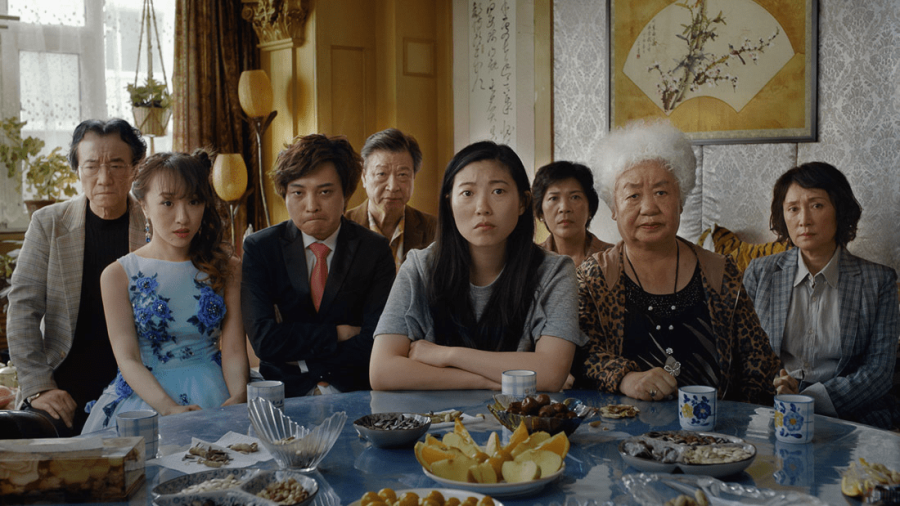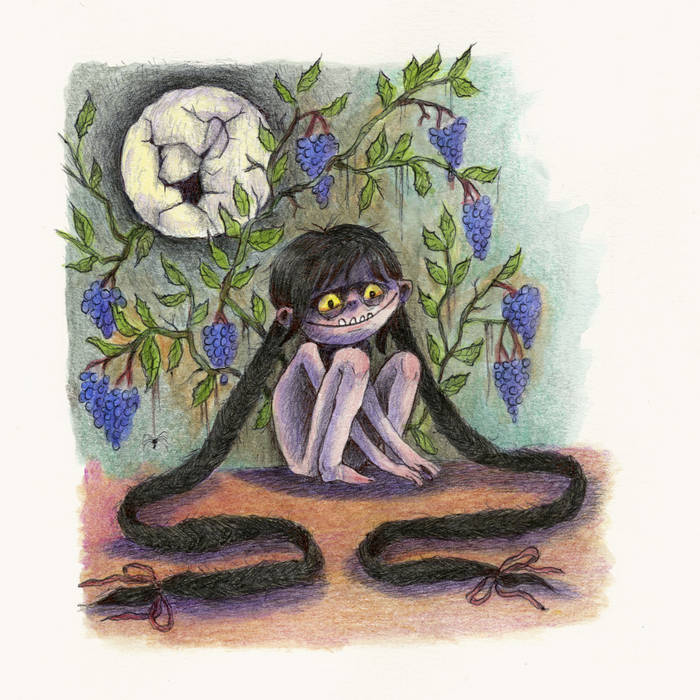Painfully funny and tender, “The Farewell” is one of the most beautiful films of the year.
At some point during the 98-minute run of “The Farewell,” there’s silence. For just a brief moment, sitting in the theater, you can hear nothing but the screen’s muted static, until the quiet is broken by you and everyone around you trying to muffle the sound of your collective crying. This is the power of director Lulu Wang’s sophomore feature — to bring an entire audience to tears both with its hilarious brand of dry humor and its heart-wrenching depiction of family, transnationality, and loss.
A witty play on the Hollywood cliché, “based on an actual lie” reads at the beginning of the opening credits of Wang’s dramedy. Screened earlier this year at Sundance Film Festival, where it earned a Grand Jury nomination and a distribution deal with A24, “The Farewell” follows an unsuccessful writer now in her thirties named Billi (Awkwafina) who learns that her grandma has been diagnosed with Stage 4 lung cancer and only has three months left to live. The problem is, Grandma (Shuzhen Zhou), referred to as Nai Nai, is the only one who doesn’t know. In Chinese culture, as Billi’s mother (Diana Lin) dryly explains, there’s a saying: “When people get cancer, they die.” And it’s not from the cancer that they die, but from the fear. Knowing this, the family decidedly has no intention of letting their matriarch learn of her illness. They then stage an elaborate fake wedding in China between Billi’s cousin Hao Hao (Han Chen) and his new girlfriend Aiko (Aoi Mizuhara), with the underlying intent of reuniting and seeing Nai Nai one last time as a family.
The lie referred to earlier is, in fact, Wang’s, whose own family kept her grandmother from the knowledge of her illness when she was diagnosed with the same condition a few years back. As a filmmaker, Wang manages to do so much in her exploration of her grandmother’s illness, poignantly capturing the complex politics of migration and belonging — the dislocations that arise from being torn between two spaces and the changes brought about in their disparate geographies through the passage of time. Having arrived in America as a child, Billi is caught between two radically different spatial contexts, not only in an immediate physical sense, but also in the emotional longing for a home and family thousands of miles away, and the seemingly oppositional ethical systems between cultures in confronting death. After all, doesn’t Nai Nai deserve to know that she’s dying? Or is there a value in withholding the truth from the person to whom it seems most valuable?
With so much of Asian diaspora narrative centered around pathologizing our native cultures as innately backward, “The Farewell” feels more of a recognition of two culturally distinct yet equally valid epistemologies on life and ethics. With most of the film’s dialogue spoken in Mandarin (significant, considering it as American-produced), this is what Asian American cinema has desperately needed to be for a long time — not an indictment of our cultures, played for laughs or made into spectacle (see: “Fresh Off the Boat;” “Crazy Rich Asians”), but a celebration of our different ways of knowing. A nod to the struggles we have faced owed to conditions of migration, and to the ways we choose to make life. The episode of “This American Life” in which Wang introduced the world to her story was titled “In Defense of Ignorance.” Perhaps this is the most beautiful example of the reconciliations we must make for the ones we love.
It’s clear that a film of this kind requires a truly stellar cast, and Wang and Awkwafina together are a force of nature. Taking a dramatic turn from her usual comedic roles, rapper-turned actress Awkwafina’s revelatory performance as Billi tosses away any preconceptions from her previous work about her as an artist. As someone whose own experience lies close to the film’s weighty material, Awkwafina is unforgettable. With her sharp comedic timing and surprisingly keen sense of drama, her performance as the uncertain and grief-stricken Billi is endearing, funny, and incredibly fierce. Equally remarkable are Zhou as Nai Nai and Han Chen as Hao Hao, the bumbling other grandchild and “husband” to be. Zhou, a famous soap opera star in China, gives a turn as an oblivious grandmother that is so charming and funny that it feels like you’re watching your own grandmother on screen. Bolstered by excellent characterization, Wang’s use of juxtaposition as a source of humor to make sense of grief marks the film as something truly genius — in marrying the emotional weight of her story with an unrelenting stream of comedy, she has produced something that feels so incredibly intimate and real.
A promotional message posted on the Facebook page for “The Farewell” urges us to call our grandmas. Seriously. Do it. Call your grandma, and cherish every second spent talking with her. Call her every day until this film comes out this summer, and go watch it in theaters because it’s that good.
Grade: A
Rating: PG
Upcoming Release: July 12th, 2019
Starring: Awkwafina, Shuzhen Zhao, Tzi Ma, Diana Lin
Image courtesy of IMDB.














